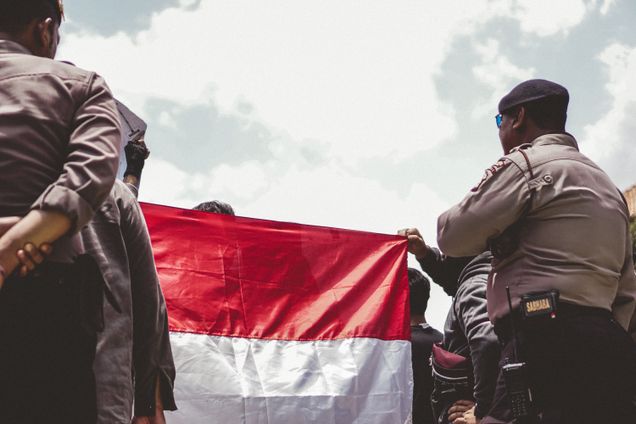The Political Boundaries of Ethnic Divisions

Political boundaries can shape group identity and behavior in fundamental ways. Individuals who share an ethnic background may face incentives for conflict in one area of politics and incentives for cooperation in another. A vast social science literature takes boundaries as given and links diversity within boundaries to weak public goods provision, underdevelopment and conflict. Would redrawing political boundaries overhaul the ethnic divisions that fuel such adverse outcomes?
In a new working paper, Samuel Bazzi and Matthew Gudgeon use a policy experiment in Indonesia to show how the effects of ethnic diversity on conflict depend on the political units within which groups are organized. Indonesia offers a rich setting to study changes in ethnic divisions within shifting political boundaries, as decentralization reforms beginning in the late 1990s led to a dramatic increase in the number of district governments across the archipelago. Using data developed by the Indonesian National Violence Monitoring System, Bazzi and Gudgeon examine the implications of redistricting for interethnic contestation and violence.
Main findings:
- Despite policymakers’ goals, redistricting does not change the average incidence of social conflict. Reductions in conflict in newly homogeneous units are offset by increases in newly heterogenous units.
- Violence ratchets up around majoritarian mayoral elections, particularly where they are closely contested. New ethnic divisions exacerbate violence, especially in new districts where the stakes are high given the fundamental role of the initial administration in establishing the new government and its first budget.
- No such amplification of violence around parliamentary elections was found, which is consistent with incentives for violence differing under proportional representation.
By bringing the government closer to the governed, redistricting holds promise for increasing social stability, but is not without its pitfalls. Fresh cycles of violence may erupt when new borders increase ethnic polarization. However, in providing novel evidence on the interlinkages between ethnic and political divisions, the authors argue the ethnic divisions driving political conflict are neither fixed or exogenous, and instead depend on the political boundaries within which groups are organized. Political boundaries are malleable, offering hope that careful and intentional redistricting efforts can reduce conflict around election time.
Read the Working Paper